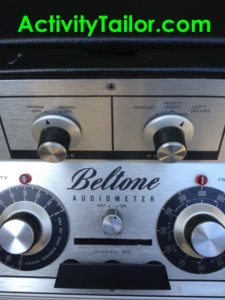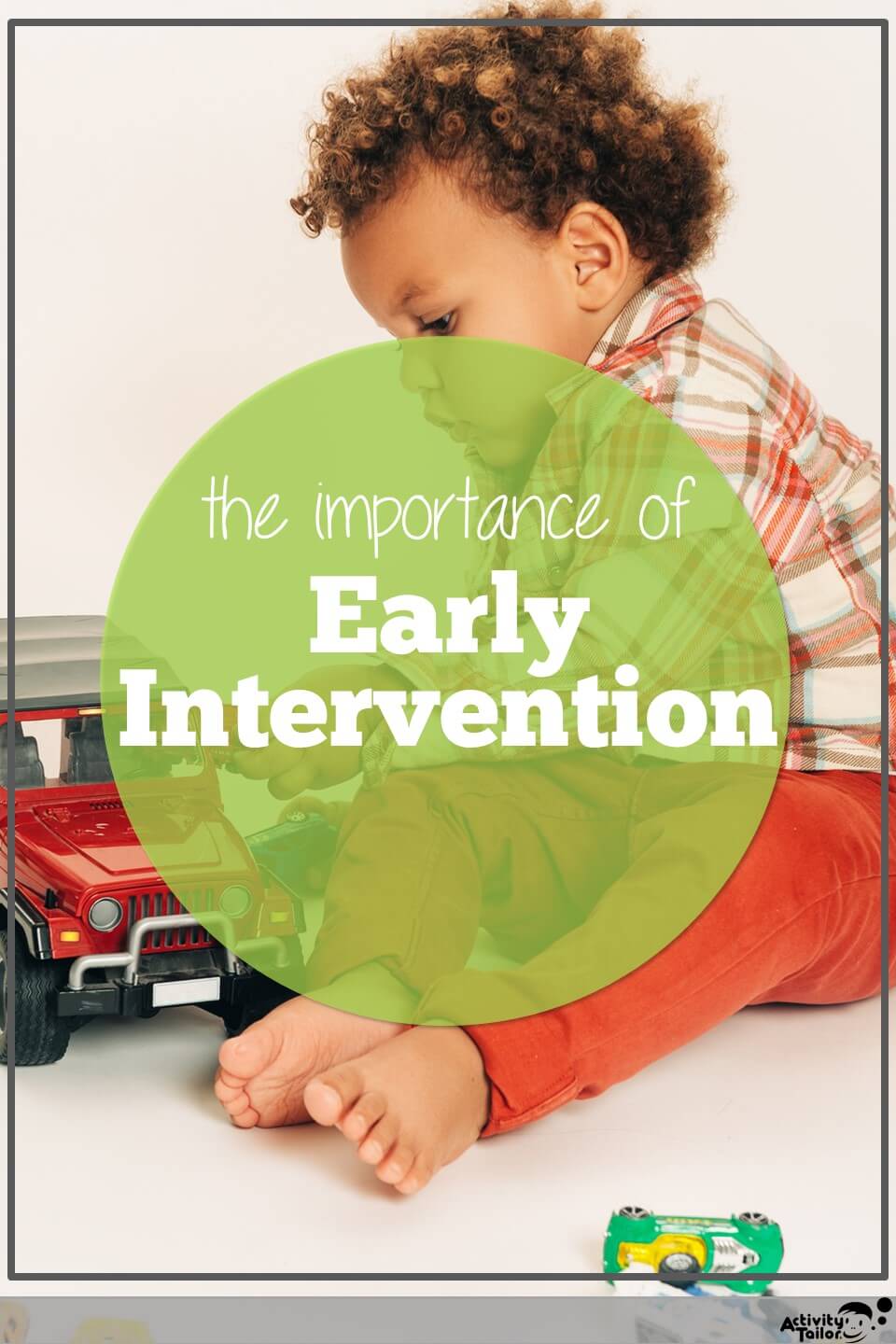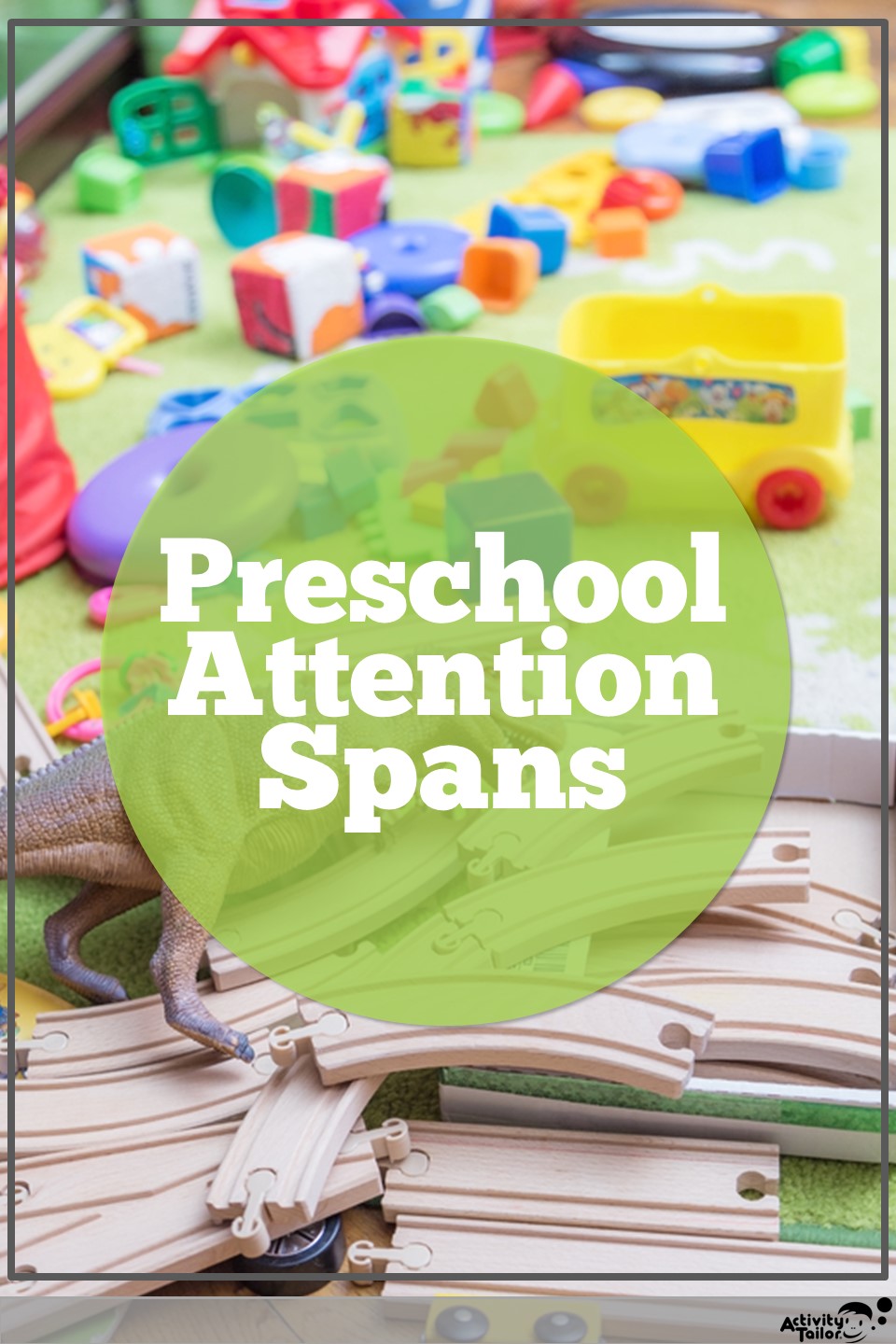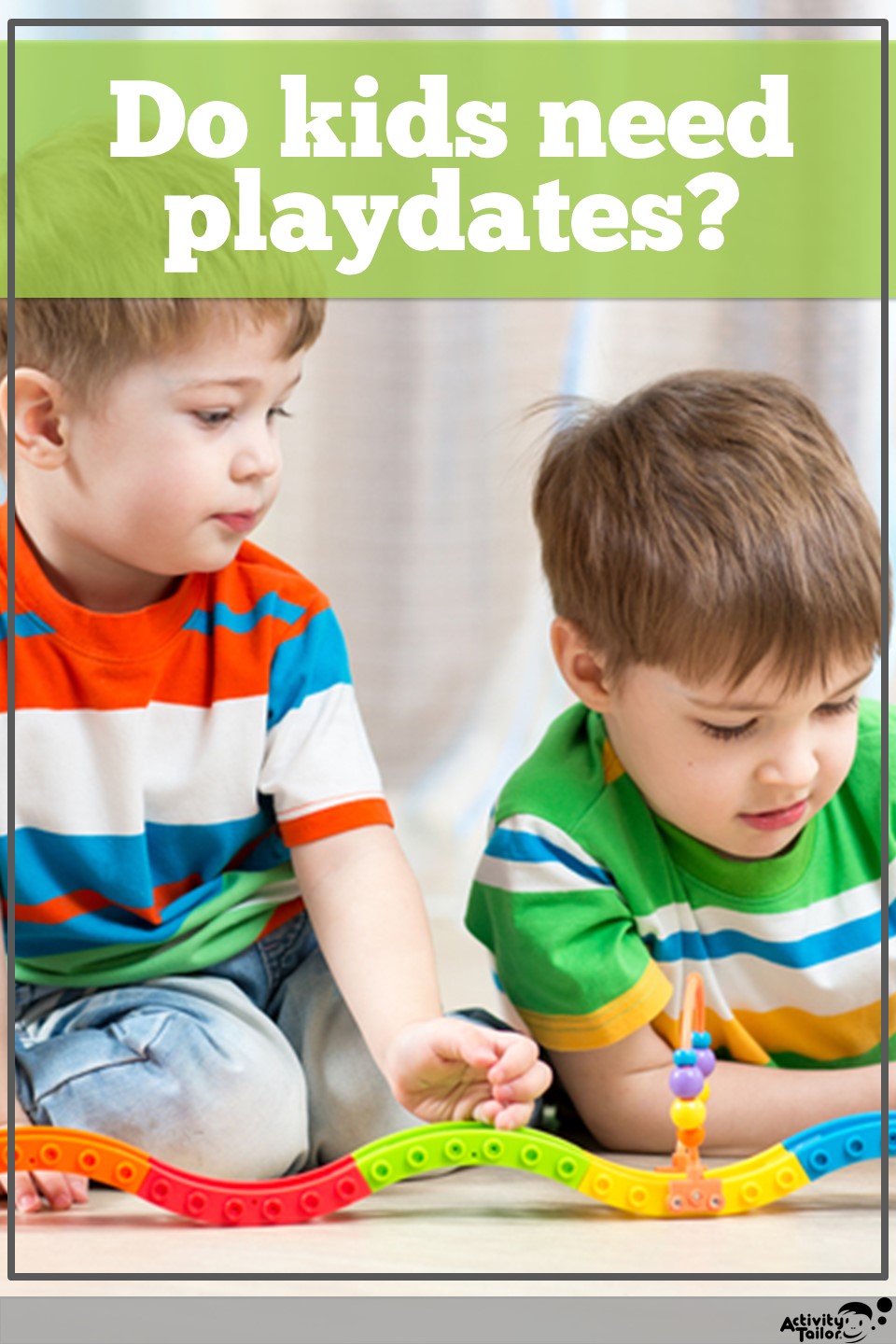How many hearing screenings do you think you’ve done? Hundreds? Thousands? Millions? While I did TONS in grad school, and still do a bunch at the start of the school year it’s been awhile since I’ve gone back to review the best practices for this standard service. This year I acquired my very own audiometer. It’s old. It’s used. It’s indestructible. It makes me feel like I’ve stepped out of an old PSA when I haul it down the hall!
My pediatrician does a hearing screening at every well visit, and I assumed most did, only to find out this is decidedly NOT the case. I’m at a private school so there is no state mandate that I follow. For us, hearing screenings (speech/language too, for that matter) are an option at the beginning of each school year for TK-5th grade. The American Academy of Audiology Childhood Screening Guidelines recommends a screening be done at 4, 5, 6, 8 and 10 years.
ASHA and the American Academy of Audiology suggest the screening include 1000, 2000, 4000 Hz at 20dB. They previously included 500 Hz at 25 dB in an attempt to catch temporary losses that might be caused by OME. (Issues with ambient noise at 500 Hz pushed the level from 20 to 25 dB). At our school, I do include 500 Hz especially since I can usually assure a quiet testing environment. Tympanometry is also recommended though this isn’t something I screen.
I very seldom “catch” someone on the hearing screening and I’m guessing this is because my population is regularly followed by health professionals and attentive, if not overly intense, parents. (Those with a hearing loss or issues generally skip my screening since they are seeing an ENT or audiologist on a regular basis) Still, I was intrigued at the table that showed OME and the effects on speech/language in literature as well as the interesting discussion of the impact of mild hearing loss in adults vs. children and where the cut off of normal/loss should be.
The table of recommendations on p. 22 will give you state specific guidelines for screenings.
Where do you fall on screenings? Are hearing screens a part of your fall and how equipped do you feel to either administer them or follow up with services if needed?







This Post Has 5 Comments
The nurses and volunteers do all the vision and hearing screenings in our school district. I think the last time I did one was in grad school …. A long long time ago. But I do remind that big audiometer!
If a 3-4yr old student has failed the hearing screening, do you still complete the SL evaluation? What are the legal implications of testing with no clear hearing status?
Ok, let’s start with I have no legal background of any kind. For true legal advice, please contact a lawyer that specializes in these issues. That said, I wold still feel comfortable doing a language screening on a 3-4 year old that “failed” a hearing screen if, in my clinical opinion, it was due to behavior issues or the child not understanding the task. I’m not sure what the audiologists would say, but under 5 years, certainly under 4, I don’t think the hearing screenings of the “raise your hand when you hear the beep” or some kind of adaptation are terribly accurate.
It is important to make sure hearing isn’t an issue, but I think this is more of an issue for an evaluation not a screen. Also, there is something to be said for evaluating under a child’s usual circumstance even if hat means poor hearing. I would then refer for hearing if I thought it was playing a part and might reevaluate once/if the hearing situation changed. Personally, I wouldn’t charge an evaluation fee if I needed to reevaluate due to that within a short period of time, but that’s just me. Kim
I also am not a lawyer and cannot comment on the legalities.
For myself, as a school-based SLP, I continue the speech-language evaluation even though the child may have failed the hearing screening. Provided, as Kim said above, the student appears to truly be trying and I judge that the evaluation is truly indicative of her/his speech-language skills.
First, it’s a screening – while it indicates there may be a problem, it’s not a diagnosis. Only an audiologist can diagnose a hearing loss. Typically, depending on the screening results, I do a tympanogram and see how the middle ear is functioning and if it appears to be from a cold or something similar, I will retest in 4-6 weeks and see if it’s resolved. Also, it may take several weeks to get a full-audiology exam conducted and a few more weeks to get the results.
Second, we have a limited amount of time in which the evaluation has to be completed. For my state, it’s 60 days from the time the permission to test has been signed until the assessment report meeting. All testing done by the school must be completed in that time regardless of the outcomes. I simply cannot wait.
Finally, particularly for speech-language if the hearing loss has been on-going for a while, the speech-language disorder is present and needs remediation.
Ideally, we’d be able to wait until the results of the audiogram are available – but that’s not very realistic when we’re dealing with the critical stages of learning and acquisition for our young students.
In the report, I would comment on whether or not the student failed the screening…and whether or not it was my professional opinion that the results of the evaluation were valid.
That said, I know there are some districts who would not proceed until the hearing has been resolved.
And I’ll bet you miss that sexy beast too! Kim
Comments are closed.